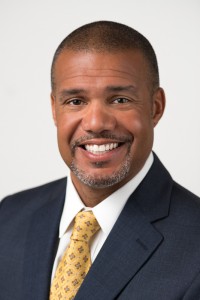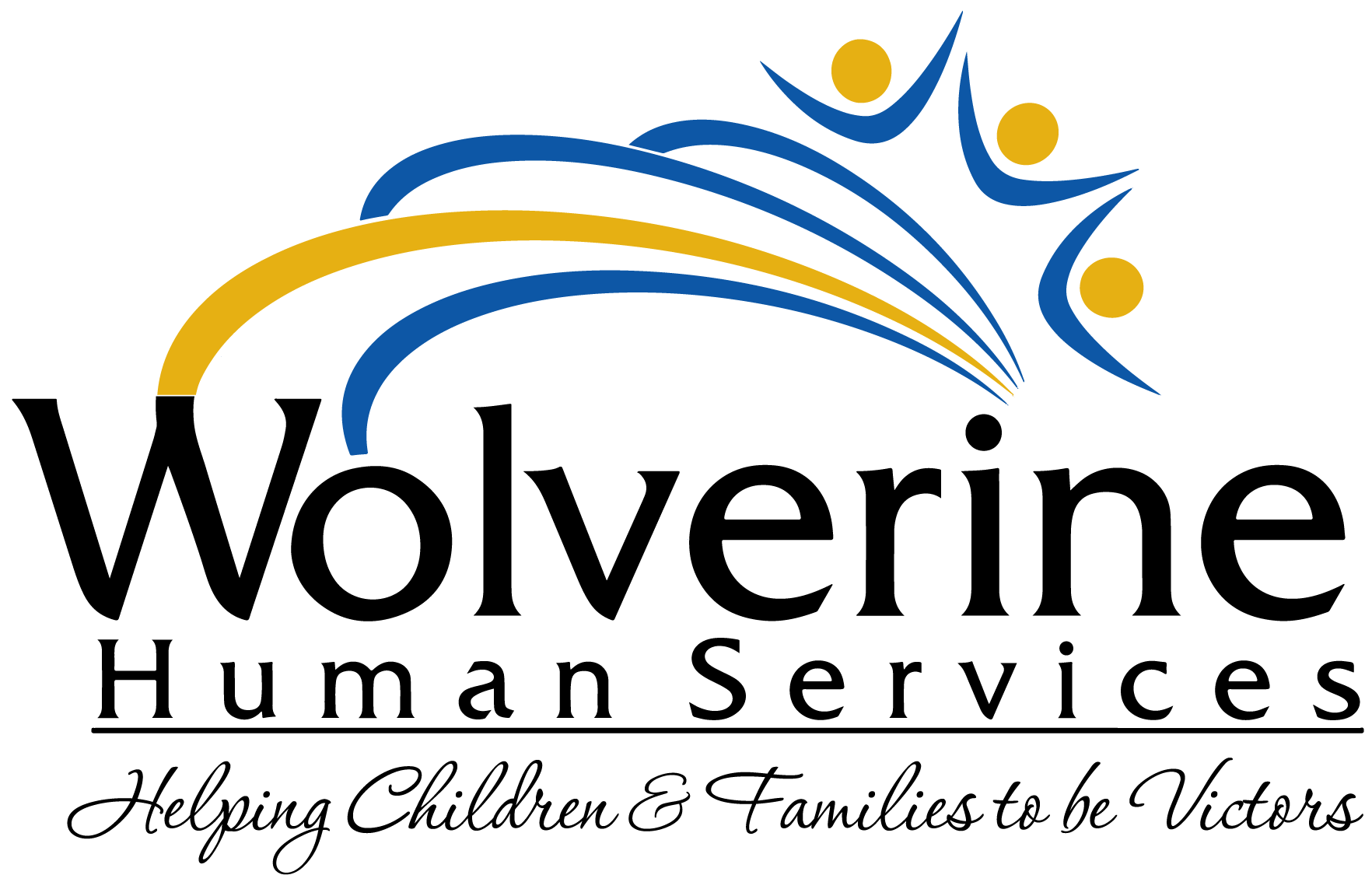Just over a decade ago, Wolverine Human Services (WHS) made a philosophical change in our treatment programs. We decided to implement staff physical management techniques versus peer physical management techniques that were directed by staff. Nationally, many agencies had already made these changes but peer physical management techniques were still authorized in many states including the state of Michigan.
This transition did not come without a degree of difficulty for our staff and clients. What was once a staff-directed approach became a direct staff invention, which caused a lot of anxiety for clients and staff. WHS researched and became certified in Therapeutic Crisis Intervention (TCI), which is a model designed to increase staff’s ability to use verbal de-escalation techniques as well as the ability to use safe physical intervention practices when necessary. Within the first 2 years we saw a significant reduction in our physical management incidents but an increase in the number of injuries to youth and staff as a result of physical management.
This was obviously not an acceptable outcome to our agency leadership, so we reevaluated our approach and determined to intervene in the development and quality of staff/client relationships. We strategically developed a model to enhance our staff and client relationships with unique approach we call PRIDE-UP! The acronym stands for Provide Relationship-based Interventions During Emotionally Upset Periods. PRIDE UP focuses on enhancing therapeutic relationships between clients and staff. They are trained to find alternative interventions when a client’s anxiety level changes. There is a major focus on exploring alternatives while the client is at baseline behavior. This helps staff support the client’s self-requesting intervention method when they face adverse circumstances. Essentially it takes the guesswork out of the equation and increases the likelihood of a peaceful resolution during the upset period.
PRIDE UP has provided us the edge we needed to reach the satisfactory outcomes we desired. Our physical management interventions reduced another 75% and our injuries to staff and clients were reduced over 100%. The model was campaigned with the input and help from our clients and staff. Clients participated with their creative minds by attending focus groups, making artistic posters, and even poetry around the subject. Staff contributed by sharing their success stories in team meeting of how they were able to develop appropriate relationships with clients that help lead to a physical management free ending. WHS also placed major emphasis on the positive outcomes and reinforced staff teams and treatment groups for favorable outcomes. The mere fact we followed the golden rule “you get the behavior you pay attention too” gave us the edge we were looking for to combat the issues we were facing. We are proud of the PRIDE UP model as it continues to produce favorable results within the treatment programs we operate.
We invite you to view some of the artistic expressions of our youth related to PRIDE UP, to get a better understanding of how the youth approach this dynamic practice.
Derrick McCree , MSW is Senior Vice President of Wolverine Human Services. He oversees operations and quality of WHS residential treatment programs, including services to over 600 youth and support of 400 employees each year. He is a Gulf War veteran and professor at Saginaw Valley State University. He is dedicated to helping those in need through evidence-based rehabilitative treatment services, innovative programs, and legislative advocacy. He is most proud of his children and enjoys coaching youth sports.
, MSW is Senior Vice President of Wolverine Human Services. He oversees operations and quality of WHS residential treatment programs, including services to over 600 youth and support of 400 employees each year. He is a Gulf War veteran and professor at Saginaw Valley State University. He is dedicated to helping those in need through evidence-based rehabilitative treatment services, innovative programs, and legislative advocacy. He is most proud of his children and enjoys coaching youth sports.
